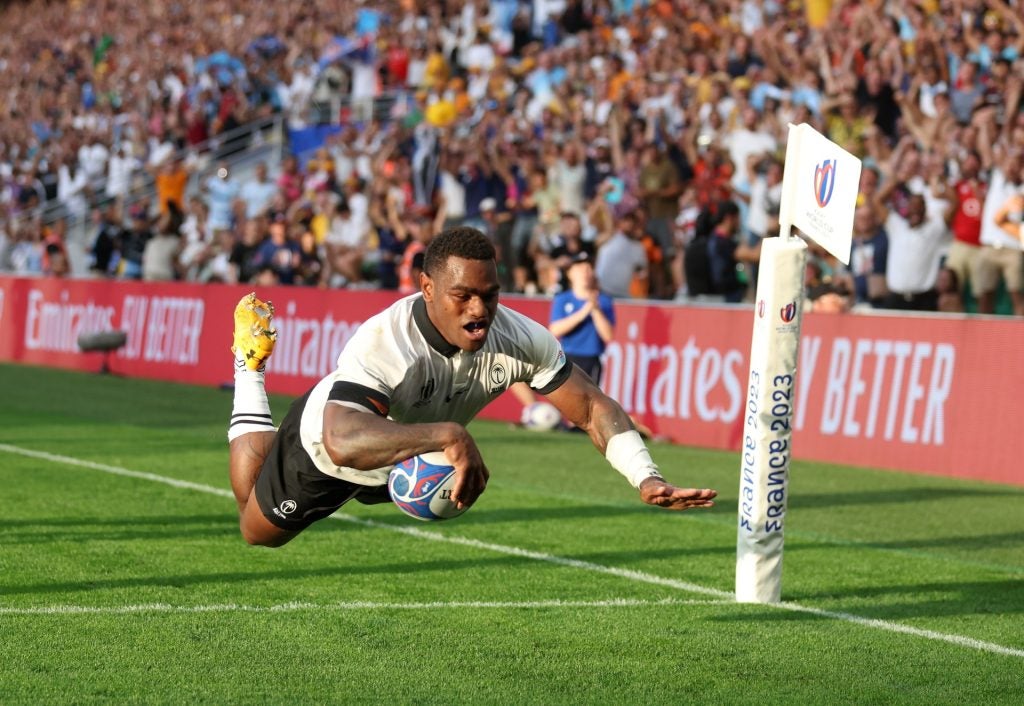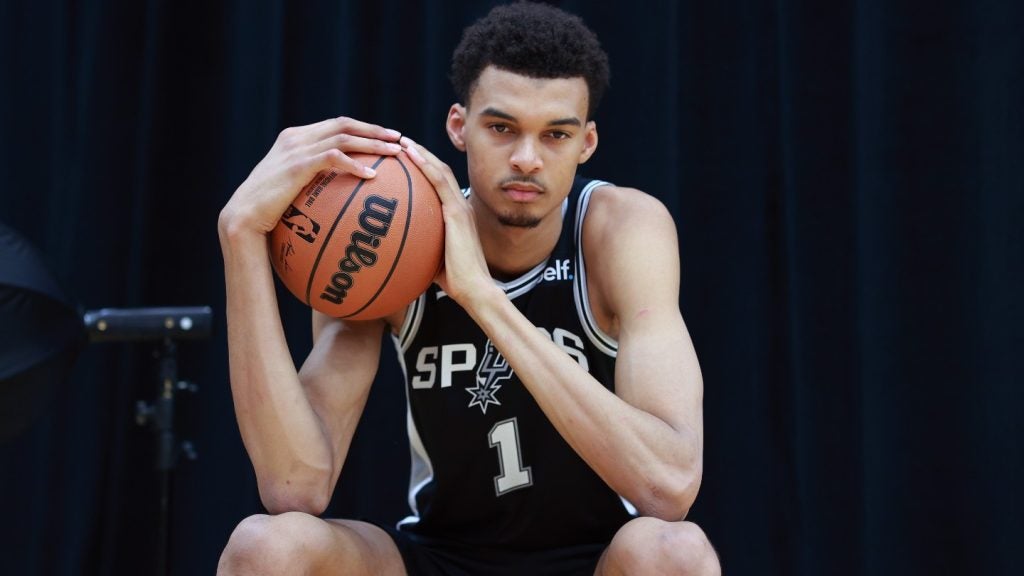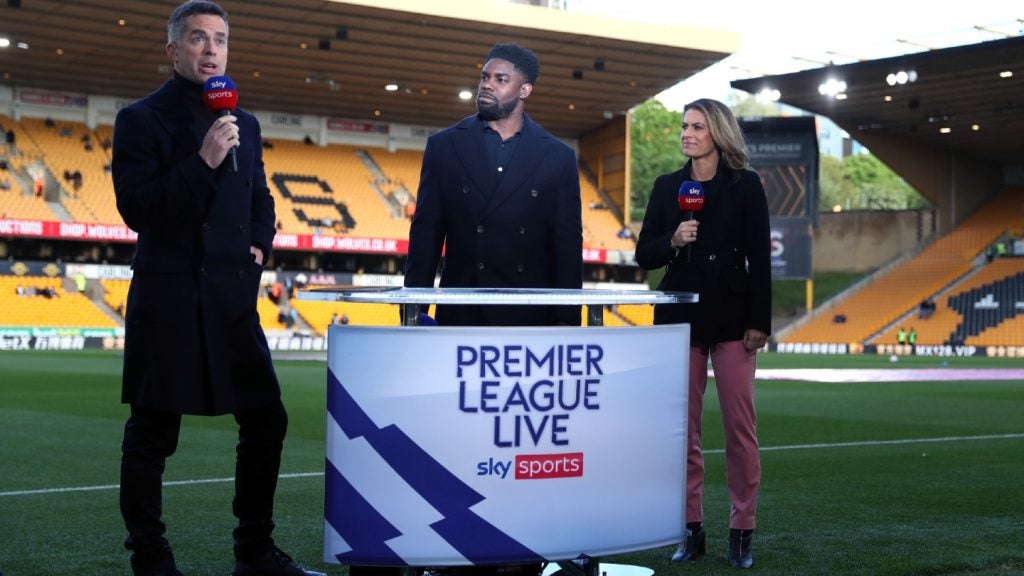
There’s no denying the incredible impact
that new technology has made on our world and in our lives over the past 30 or
so years. From the first IBM PCs in the early 1980s with a maximum internal
memory of 256K (!), to the latest smartphones (which are literally thousands of
times more powerful and sophisticated than the computers used to send men to
the moon and back 50 years ago), the technology revolution has upended every
aspect of modern life.
The convergence of technology and new media
has also created an entirely new entertainment reality, sport is part of this phenomenal
shift.
There’s a new(ish) term bandied about today
called ‘eSports’. Its current iteration may be new to most people over the age
of 35, but it’s been around in some form or another for a long time. In fact,
the earliest known video game competition took place in 1972 at Stanford
University, and it was called the ‘Intergalactic Spacewar Olympics’. (Really). The
Grand Prize was a one-year subscription to Rolling
Stone magazine. Today, teenagers are becoming multimillionaires playing
e-sports and e-games.
The growth of global eSports is exploding. According
to the gaming market intelligence experts at Newzoo, global eSports awareness
will reach 1.3 billion in 2017, up from 1.1 billion in 2016. Awareness is
estimated to approach 1.8 billion by 2020, and the number of eSports
participants globally will reach 58.4 million in 2017, up from 49.8 million in
2016.
eSports is a growing spectator experience
as well. In 2013, the Season 3 League of Legends World Championship sold out
the 21,000 seats in LA’s Staples Center in an hour. The 2014 version in Seoul
had over 40,000 fans in attendance. And in 2015, the first eSports-only arena
was launched in Santa Ana, California.
The eSports audience skews young and male, with half of them between the ages of 21-35 and 71 per cent men
How well do you really know your competitors?
Access the most comprehensive Company Profiles on the market, powered by GlobalData. Save hours of research. Gain competitive edge.
 Company Profile – free sample
Company Profile – free sampleThank you!
Your download email will arrive shortly
Not ready to buy yet? Download a free sample
We are confident about the unique quality of our Company Profiles. However, we want you to make the most beneficial decision for your business, so we offer a free sample that you can download by submitting the below form
By GlobalData
The eSports audience skews young and male,
with half of them between the ages of 21-35 and 71 per cent men. The majority
of these fans are gainfully employed with good incomes. Furthermore, eSports
fan are digital natives, meaning
they’ve grown up with, and are uber comfortable with, technology in virtually
every aspect of their lives, and they are more likely to consume content online
than through traditional media outlets.
According to Newzoo, the global eSports
audience will reach almost 400 million in 2017. That number is expected to grow
by double digits through 2020 to a total fan base of nearly 600 million.
According to research from Nielsen, in the
U.S., France, Germany and the UK, interest in the most popular established
traditional sports among eSports fans is well over 50 per cent. The sports
which tend to garner the most interest among eSports fans – soccer, American football,
basketball, boxing and motor sport – also tend to have popular video game franchises,
for example EA Sports’ FIFA and Madden games, NBA 2K and Codemasters’ annual F1
game.
So, the Big Question: should eSports be in
the Olympic Games? I believe that the IOC has to be in the eSports space, but I
am not sure that eSports needs to be in the traditional Olympic Games.
Let me explain. First, I believe the debate
on whether eSports participants are athletes
or not would be ongoing, and a detraction the Games and the Olympic brand don’t
need; second, there is the issue of professionalism in eSports (although that isn’t
an issue for some International Federations in the Games); third, there is the
issue of doping in terms of the reported use of stimulants amongst competitors
at the professional level in gaming; and fourth, the high degree of violence
and ‘shooter-games’ in gaming content. But, all of this doesn’t mean that these
competitors don’t deserve their own ‘Olympics’, or that the Olympic Movement
shouldn’t try to figure out how to embrace this new reality.
I believe there is an excellent compromise,
one that the IOC seems to be considering right now.
As just reported, Intel (an IOC TOP
Partner) is hosting its 11-year old ‘Intel Extreme Masters’, multi-game tournament
near PyeongChang leading up to the 2018 Winter Games. The IOC wants to observe,
listen and learn from the event. The good news is that the IOC has a bonafide
partner in exploring the world of Esports with Intel.
The IOC should consider creating – by licensing its brand to a suitable, existing eSports partner – an ‘eSports Olympic Games’, for lack of a better name
The IOC should consider creating – by
licensing its brand to a suitable, existing eSports partner – an ‘eSports
Olympic Games’, for lack of a better name; perhaps even making the existing
Intel event the ‘eSports Olympics’. This creates an Olympic affiliation with
the eSports world and its elusive (for the IOC) demographic, while at the same
time preserving the traditional Olympic Games. As an example, it’s not a leap of
logic to look at how the Olympics and Paralympics have evolved as similar, yet
distinct and complementary events (even though Paralympians and Olympians are certainly
athletes, in every sense of the word).
This solution could neatly avoid the
debate, ‘are eSports really sports,
or just a competition based on mind skills?’ Indeed, they are a competition
that is increasingly lucrative, one whose fans and participants reside squarely
in age brackets with which the IOC needs to develop a stronger relationship. It
also creates a solution that steps around the need for a single, unified global
International Federation to fit within the IOC model.
The question is, what does an Olympic affiliation offer the world of eSports? A lot, I believe. It’s no coincidence that the IOC and Movement spend a lot of time and money protecting the intellectual property of the Olympic brand – because it’s so valuable. The ethos and values of the world’s greatest and most uniting sports brand could serve the eSports world and its fans as well as it’s served fans of the traditional Games for generations.
Everybody wins.







